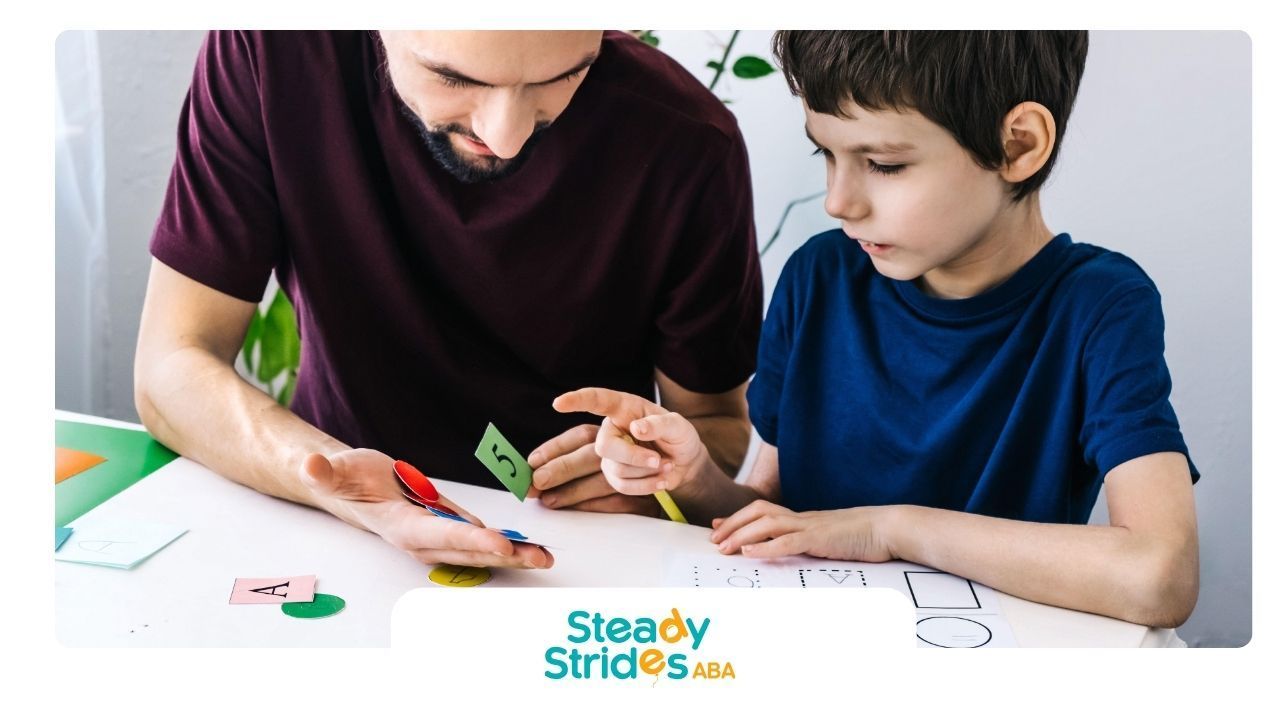Autistic children often play differently than their neurotypical peers, but that doesn’t mean their play is less meaningful. Many autistic children prefer
solitary or
repetitive play, such as lining up toys, spinning objects, or focusing on a favorite activity for long periods. They may also struggle with pretend play or interacting with others in traditional ways.
Social challenges can make group play or turn-taking harder, and sensory sensitivities may affect the types of toys or games they enjoy. However, with the right support and environment, autistic children can learn to engage in more social and flexible play.
Play is a powerful tool in ABA therapy programs. At Steady Strides ABA, our team uses play-based strategies to build communication, social skills, and emotional development—all while respecting your child’s unique interests and pace during early intervention in TX.
Want to learn how ABA can help your child thrive through play?
Reach out to us today. We turn everyday moments into meaningful progress.
SOURCES:
https://raisingchildren.net.au/autism/school-play-work/play-learning/play-asd
https://pmc.ncbi.nlm.nih.gov/articles/PMC9850869/
https://www.autismtoolbox.co.uk/social-and-emotional-wellbeing/play-and-leisure/
https://www.scottishautism.org/services-support/family-support/information-resources/play
https://www.autismparentingmagazine.com/parallel-play-in-autism/













